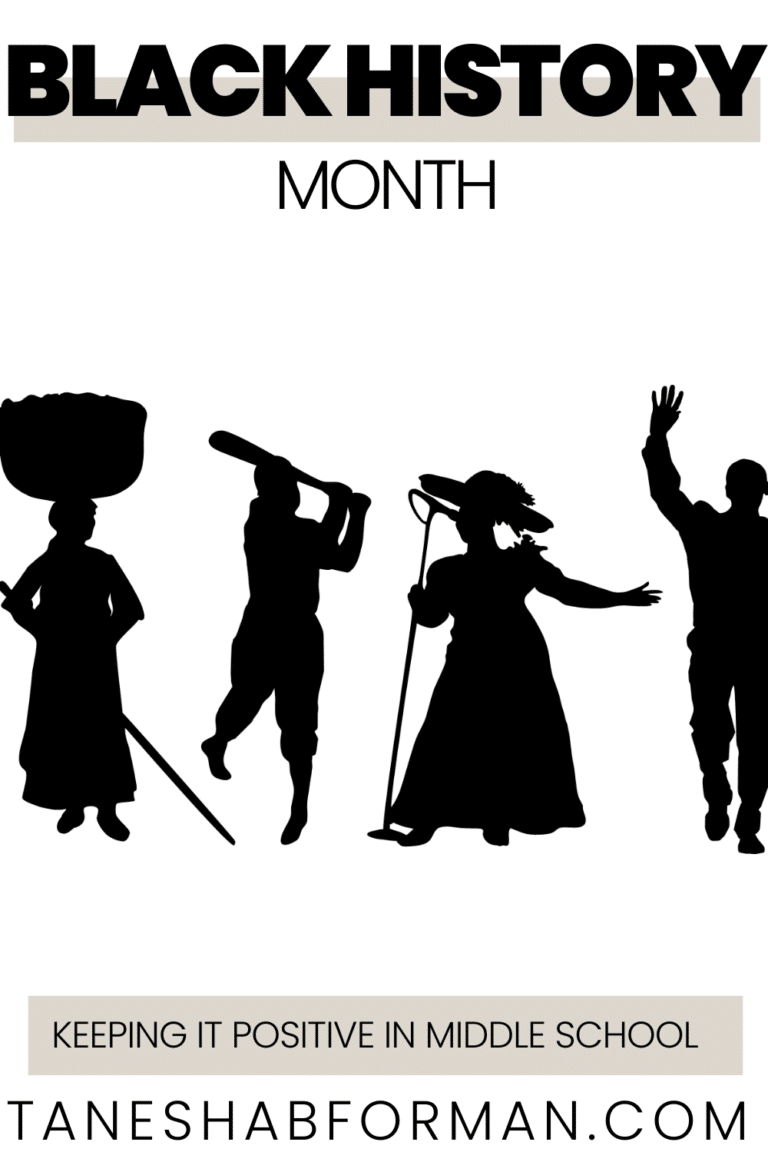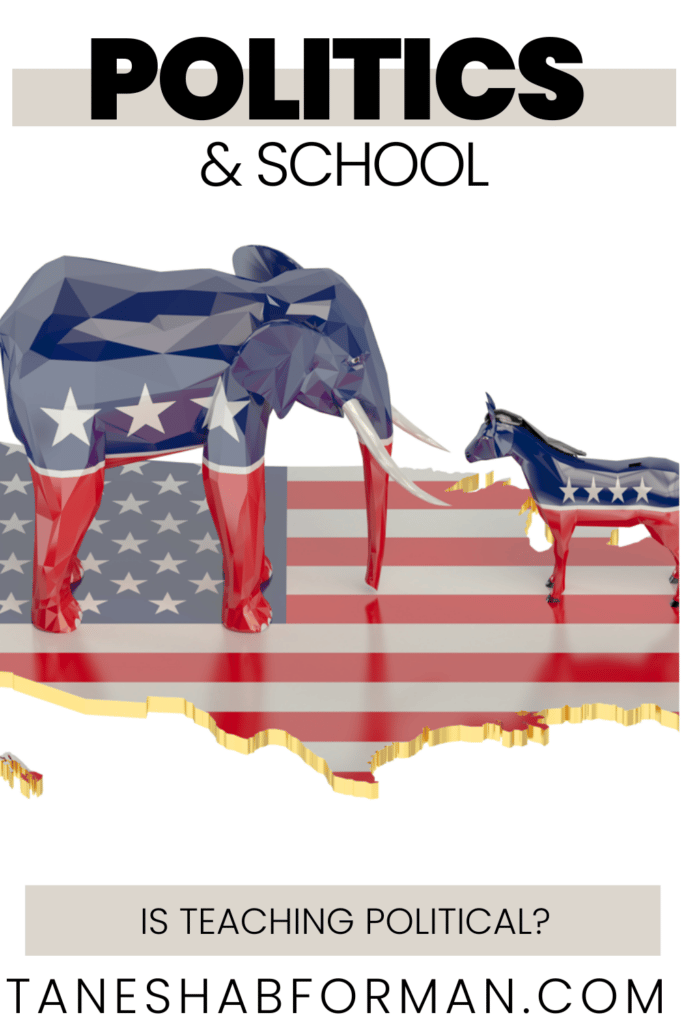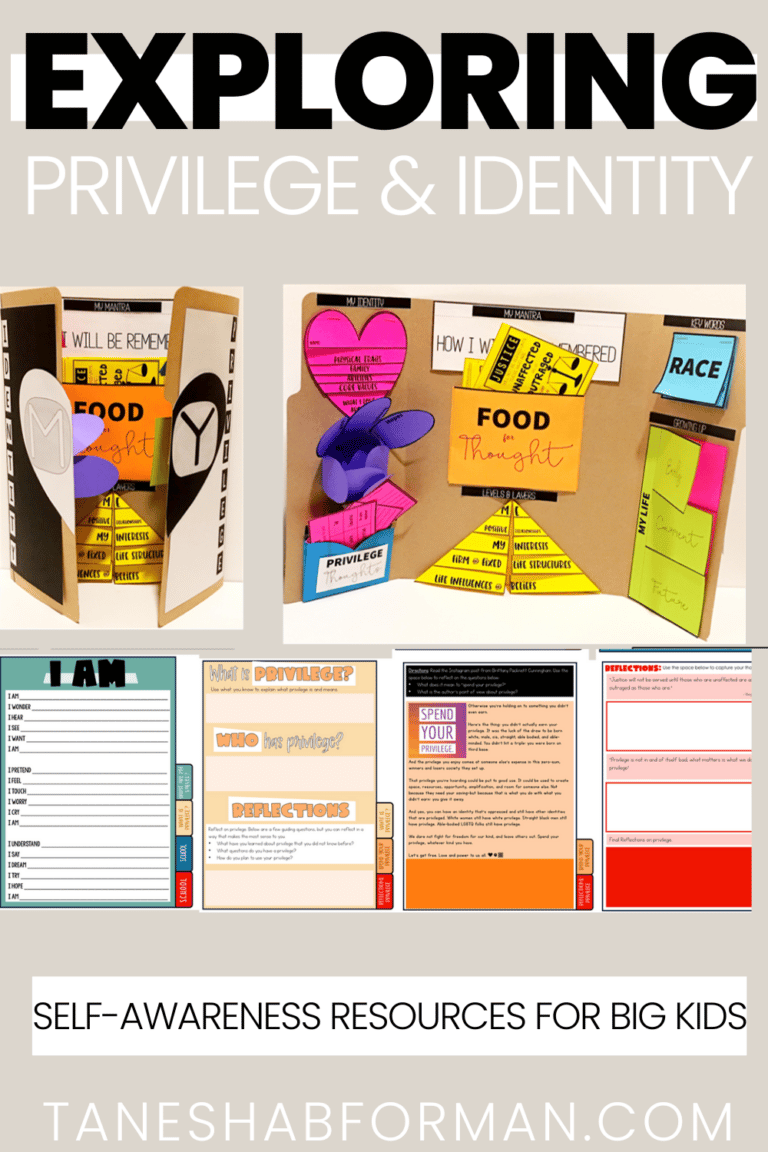

Politics and the Classroom: Yes or No?
This is a guest post from Nicole Brisbane who is a former 6th grade ELA teacher and current New York State Director for Democrats for Education Reform.
Of course it does. My simplistic answer may surprise a few of you but hear me out on this one. Politics are some of the most exciting and polarizing current events happening around our students. Students are mainly exposed to the skewed and biased information their parents share, often adopting the same political views espoused by their parents and family members. Schools play a role in educating the next generation of citizens who should be civically engaged and active citizens. Moreover, what our country could with more of right now is tolerance and teaching students how to approach these issues, exposing them to all perspectives helps to build a more tolerant generation of Americans.
So the real question is, how do teachers integrate political conversations without bias? First, a teacher must be able to acknowledge his/her bias on particular issues. Helping students develop their own views is as simple as providing facts and exposure to multiple perspectives. A teacher’s role in this space is to grow critical thinking skills and help students understand information, bias, source reliability and how those intersect with one’s own personal beliefs. Imagine the opportunity to learn by discussing the Trump Administration’s decision around the Paris Climate Agreement. A teacher could have students read the agreement, read pieces written in support of and against, create points and counterpoints through discussion and have students reflect in their own written opinion piece on what decision they would have made on the Agreement. Discussion is always encouraged but a teacher must create strong norms based in respect before conversations turn into attacks.
Too many teachers, aware of their own bias, are worried it can creep in and color their student’s views. Accepting that it is human nature to have bias based on one’s own life experiences helps students start to decipher what their own moral compass is. It is crucial that as we prepare the next generation of citizens that the schoolhouse serves as a means of exposure to information and creates opportunities to think critically on pertinent issues. Teachers, it is your duty to cultivate this generation to be independent thinkers and sometimes its helpful for students to hear a teacher articulate their particular views. It can be tricky but alienating students is the last thing you want to do by engaging in this process. As a final note, it is illegal for teachers to express partisan political views in the classroom but not illegal for teachers to engage students in political issues so don’t shy away from current events. Help build our country’s next generation of leaders, voters, activists, and tolerant adults. It’s our civic duty! Schools ought to be political places, just not partisan ones.
Resources:
The Political Classroom: Evidence and Ethics in Democratic Education, Diana E. Hess and Paula McAvoy
http://www.teachhub.com/9-classroom-activities-about-politics
https://www.rubicon.com/teaching-2016-election/
Tips:
· Avoid speculation about issues, debate policies based on facts
· Stick to open questions rather than settled issues
· Choose age appropriate issues
· Create a culture of fairness in the classroom that teaches recognizing the opinions of others
· Watch your social media: a comment deemed “a substantial adverse impact on school functioning” can get you fired, especially if it has a negative impact on your students

PIN FOR LATER!
JOIN THE COLLECTIVE
Sign up and access the FREE resources to support your Anti-Bias/Anti-Racism journey.

Tanesha B. Forman
I'm a current middle school administrator who loves breaking down complex topics and providing opportunities for educators learn, reflect, practice, and implement methods that foster equity and anti-racism. I believe we win together!
Behind the Blog


Hi, I'm Tanesha.
I’m a current middle school administrator who loves breaking down complex topics and providing opportunities for educators learn, reflect, practice, and implement methods that foster equity and anti-racism. I believe we win together!












